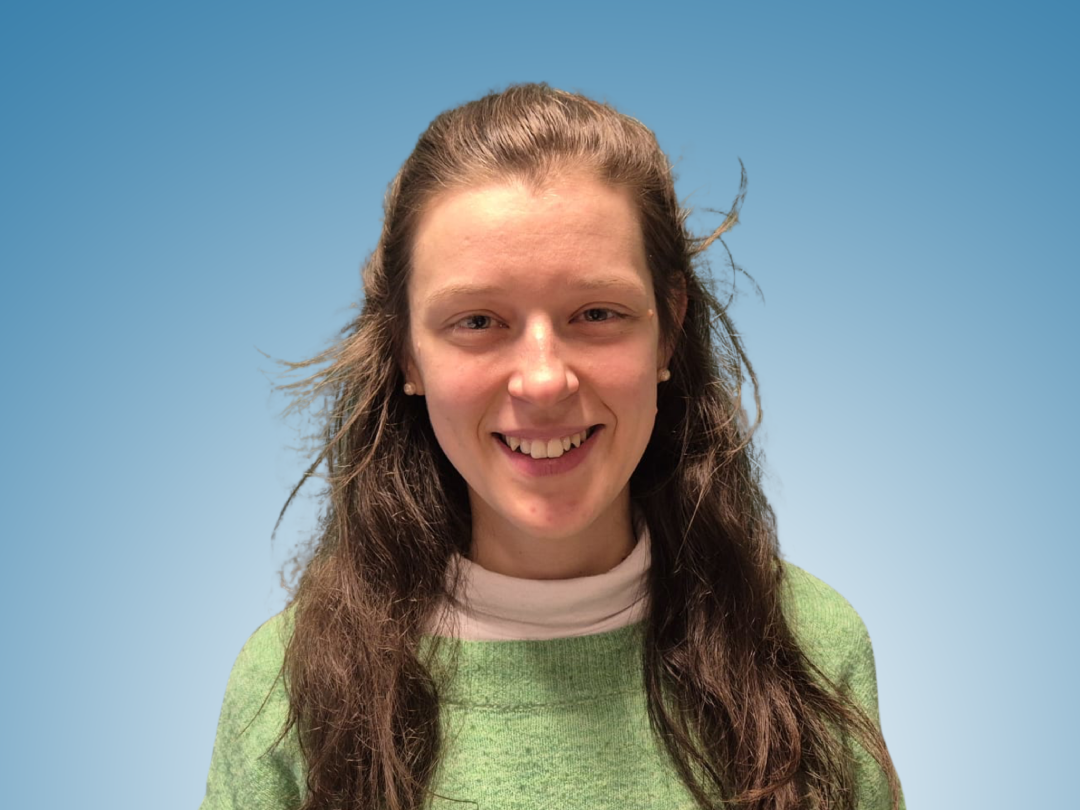Introduction to QGIS PCRaster
PCRaster is a powerful open-source GIS modeling tool designed for hydrological and environmental applications. It helps you process spatial data, uncover hydrological patterns, and create dynamic simulations of landscape processes.
In QGIS, PCRaster works through the QGIS PCRaster Tools plugin. With it, you can delineate catchments, simulate water flow, and perform detailed spatial analyses. For more advanced modeling, the PCRaster Dynamic Modelling Framework in Python lets you simulate spatial processes that change over time—ideal for time-based environmental modeling.
This course guides you step by step, starting with the basics in the graphical interface and progressing to advanced Python scripting for spatial analysis and dynamic modeling.
What will you learn in this blended learning course?
In this blended learning course, you’ll learn how to use PCRaster in QGIS for hydrological analysis, spatial modeling, and complete GIS workflows. The training begins with the PCRaster Tools plugin, where you’ll delineate catchments, analyze runoff, and perform core spatial calculations. You’ll also explore how to download SRTM DEM tiles via EarthExplorer, merge them into virtual rasters, reproject datasets, and create targeted subsets for analysis.
As you progress, you’ll learn to fill DEM sinks, calculate flow direction, and style your outputs for clear visualization. The course also covers stream network analysis using Strahler ordering, giving you tools to map and interpret flow systems effectively.
After building a strong foundation in the QGIS interface, you’ll shift to Python scripting. Here, you’ll apply map algebra using PCRaster in Python to run spatial calculations and interpolations. You’ll also convert raster data with GDAL, apply styling for readability, and carry out detailed drainage analysis through custom scripts.
In the final stage, you’ll work with the PCRaster Dynamic Modelling Framework. You’ll build time-based simulations of water systems, applying structured formats and logic to model real environmental change.
By the end of the course, you’ll have the confidence to use PCRaster in QGIS to analyze terrain, simulate hydrological systems, and build data-driven models that support smart, spatial decision-making.
Why choose this one-on-one QGIS PCRaster course?
Blended learning gives you the best of both worlds—live expert interaction and flexible self-paced study—so you build real, job-ready skills using PCRaster in QGIS.
We kick things off with a live session where you dive straight into the tools. You’ll load DEMs, define catchments, calculate flow paths, and explore terrain using PCRaster plugins in QGIS.
Then, in your own time, you’ll move through self-paced modules. You’ll clean and reproject raster data, apply map algebra in Python, and start building custom hydrological models. You’ll also learn how to style your outputs and run clear, well-documented analyses.
In the second live session, you’ll apply everything in a real-world scenario. You’ll simulate spatial processes over time using dynamic modeling tools, refine your techniques, and get feedback from a GIS expert.
One of the highlights of this course is its focus on practical, real-world projects. You’ll create accurate, visually compelling models and maps you can use in research, planning, or environmental decision-making.
By blending flexible learning with expert guidance, this course helps you go beyond the basics. By the end, you’ll be ready to use PCRaster confidently in QGIS for hydrological modeling, dynamic simulations, and advanced spatial analysis.
